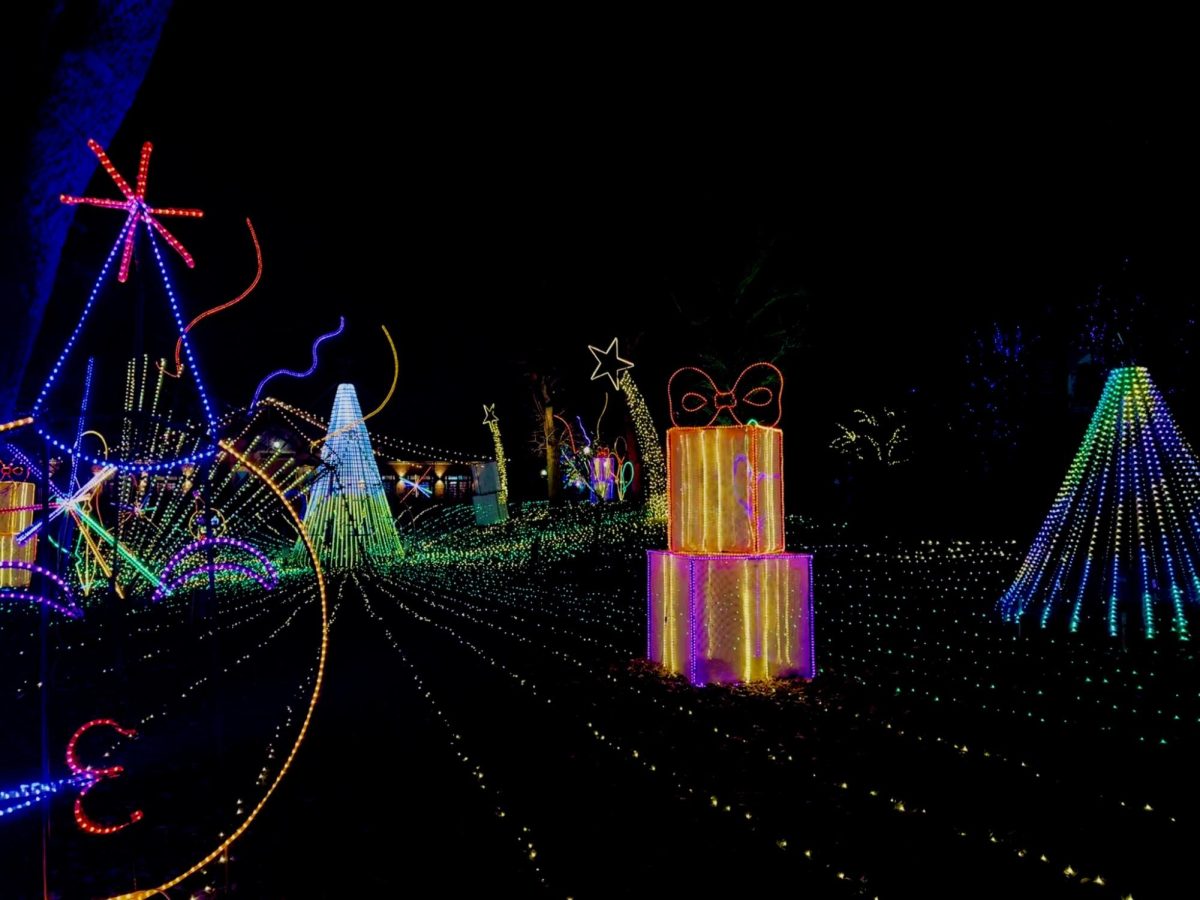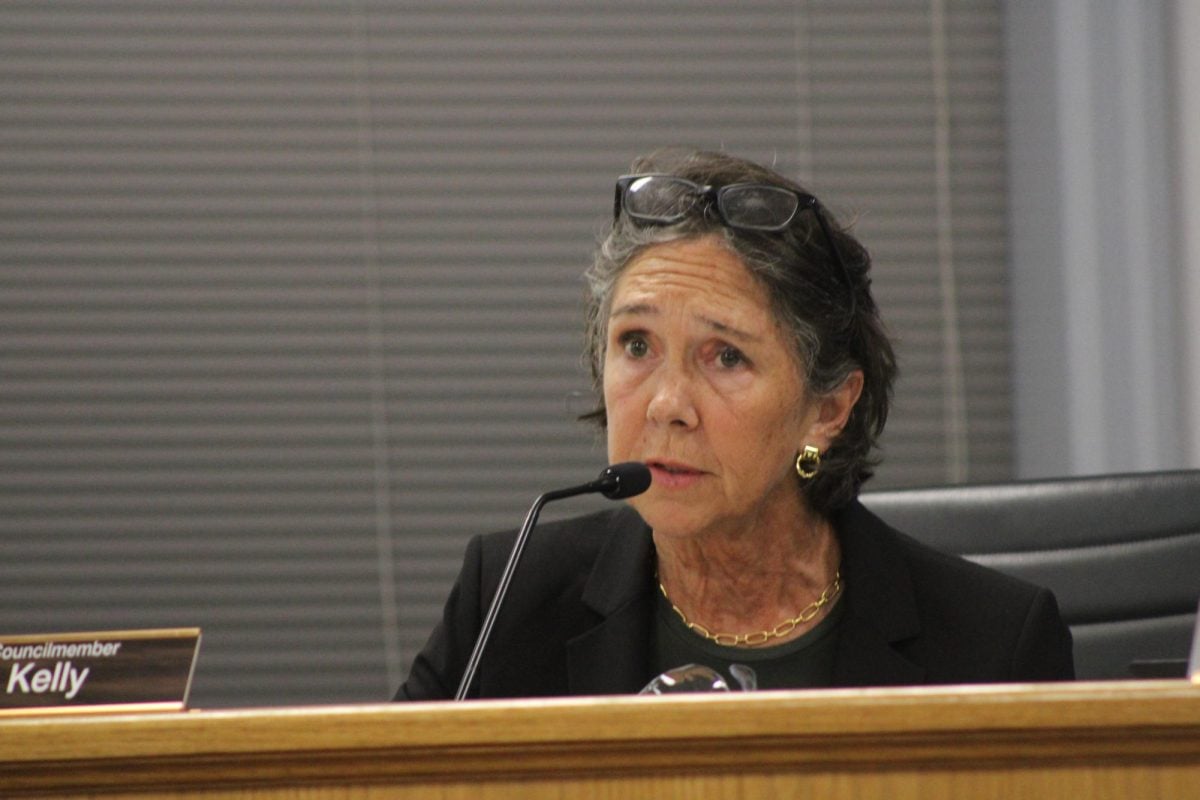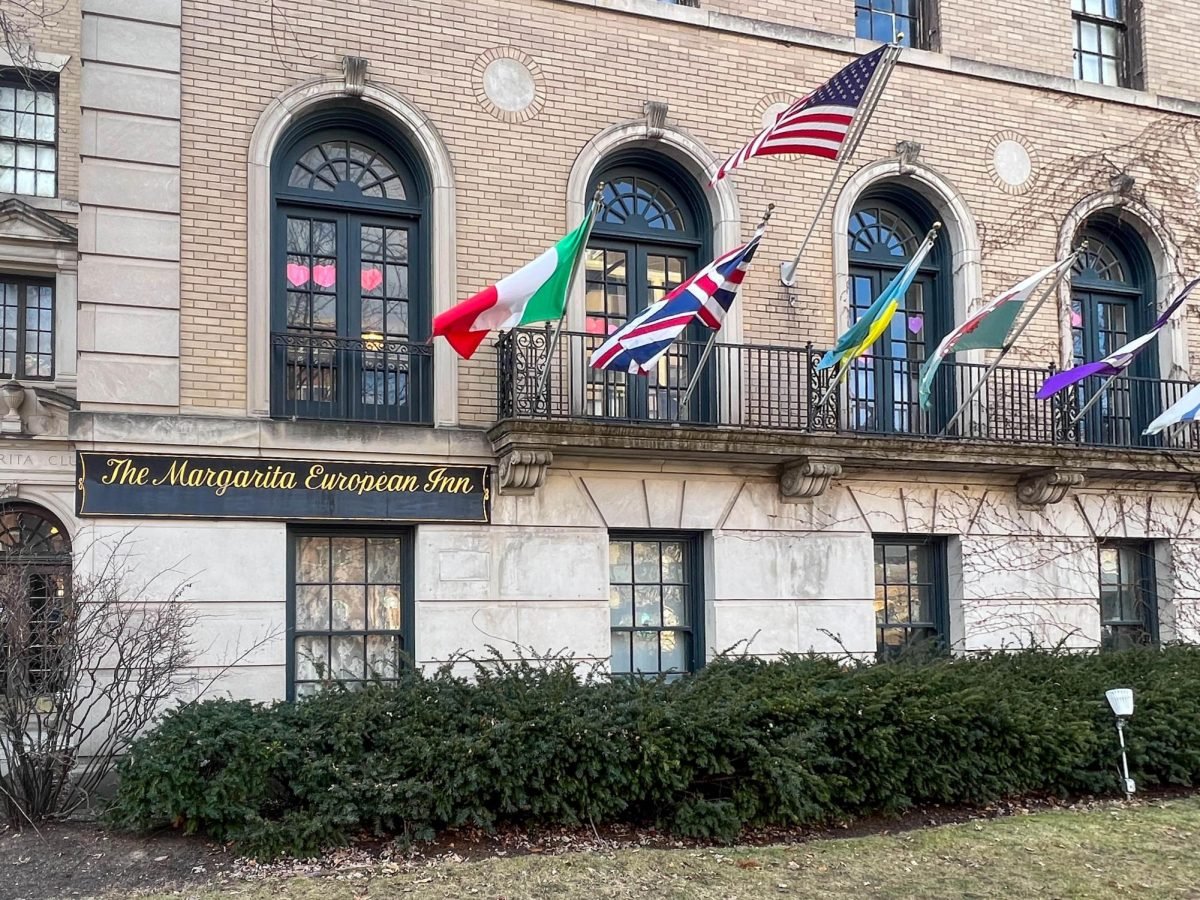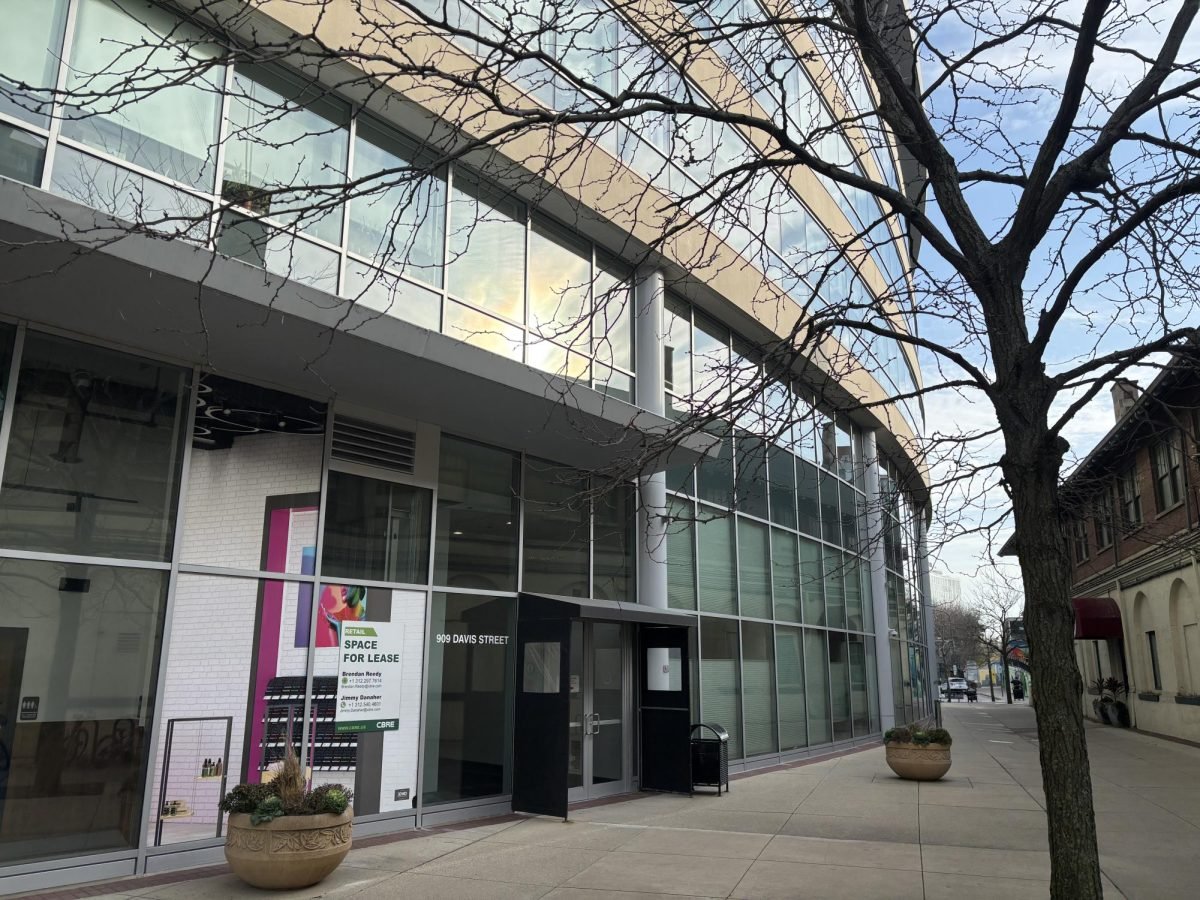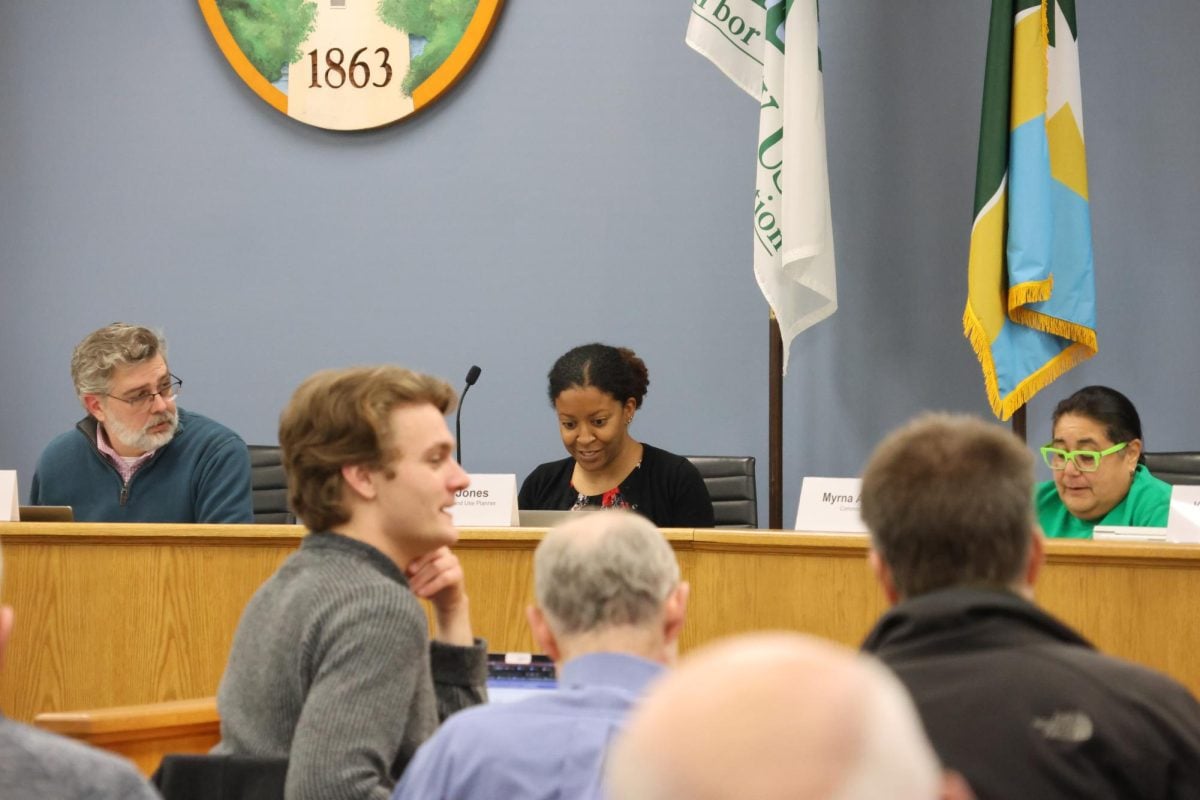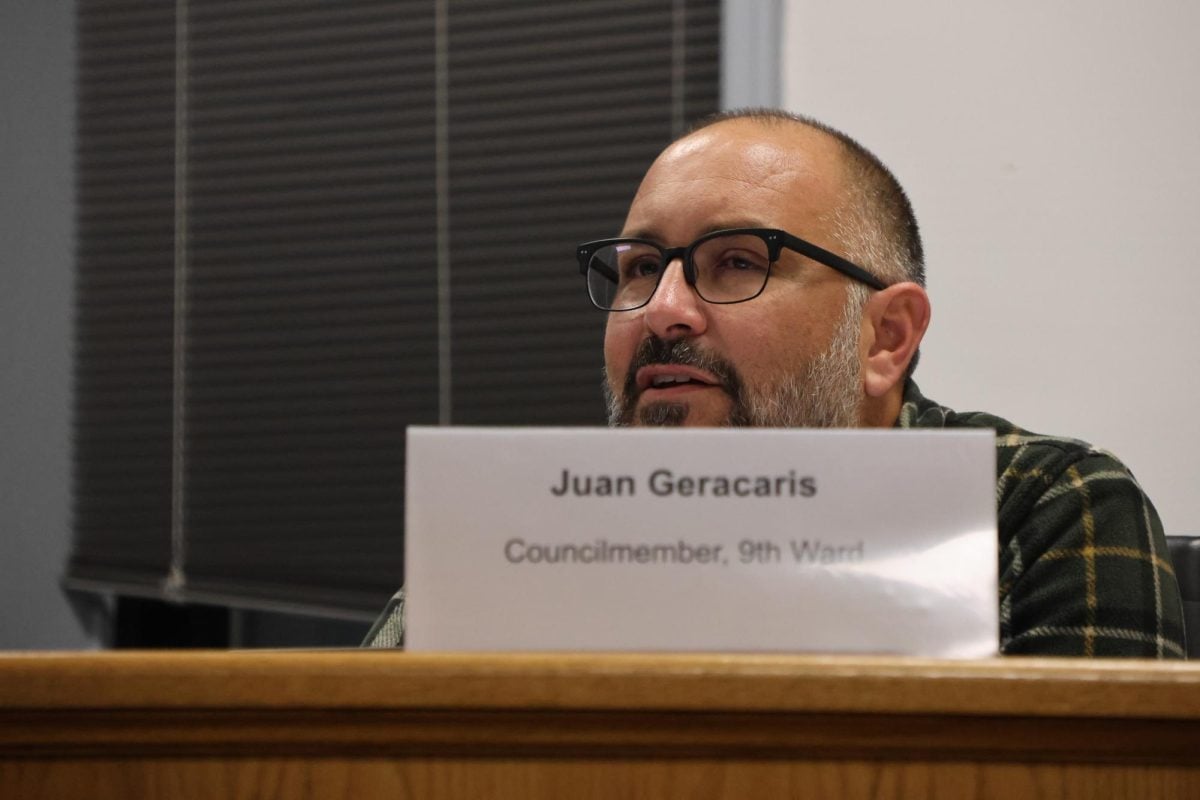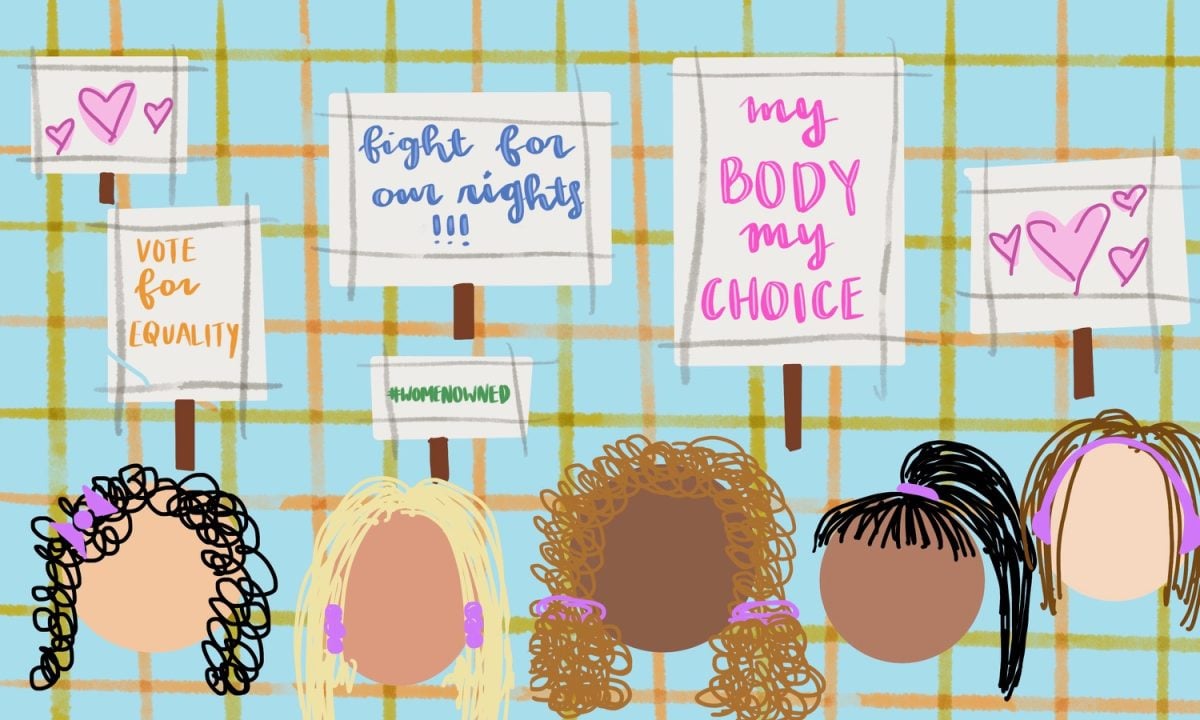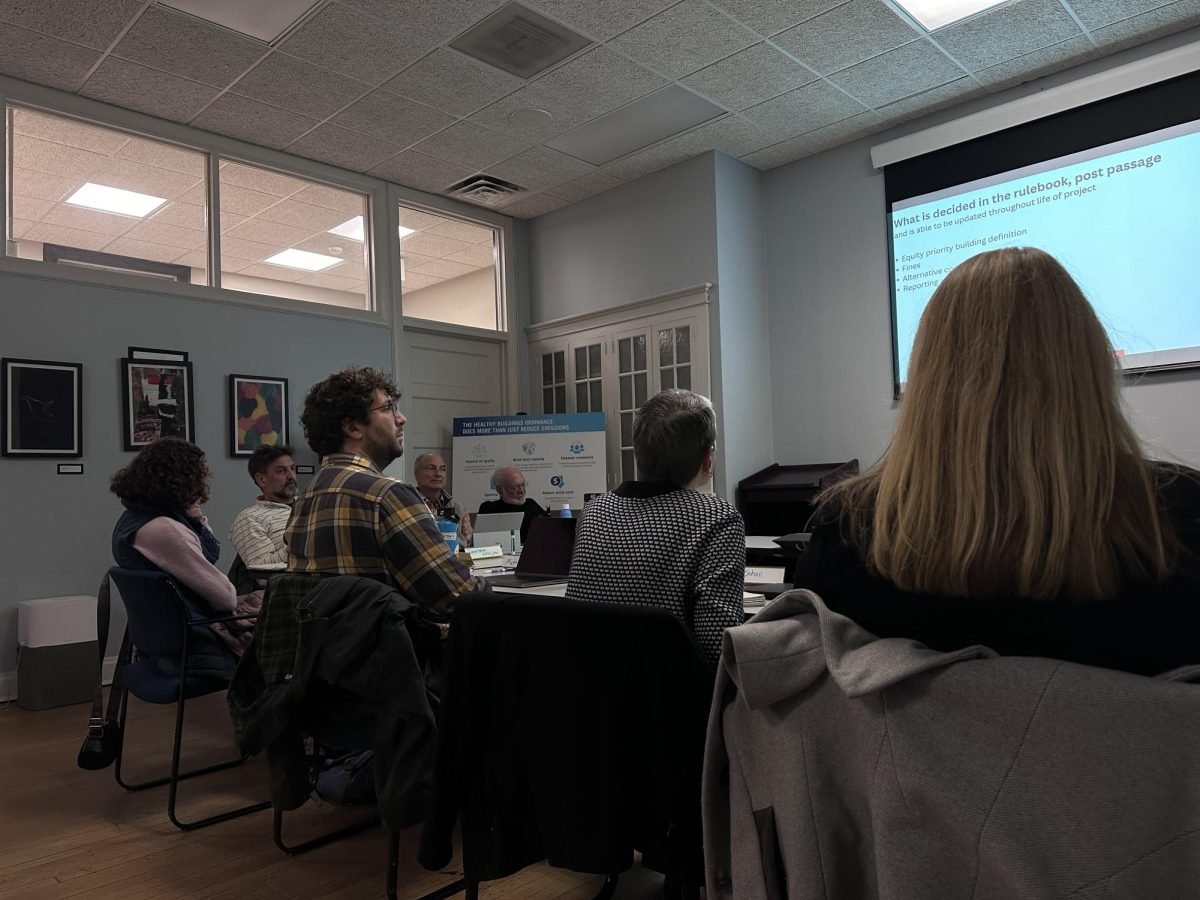The passage of Senate Bill 957 on Tuesday will likely make Illinois the next state to grant undocumented immigrants the right to driver’s licenses.
State officials estimate that as many as 250,000 Illinois residents could qualify for a Temporary Visitor Driver’s License under this bill.
State Rep. Edward Acevedo (D-Chicago) sponsored the measure in the House, where the bill passed in a 65-46 vote. The bill first passed the Senate in December.
Illinois Gov. Pat Quinn announced in a news release Tuesday his intention to sign the bill into law.
“I want to commend members of the Illinois House for their bipartisan passage of legislation that will help ensure every Illinois motorist is properly licensed and empower more immigrants to become stronger contributors to our economy,” Quinn said in the release.
Grant Klinzman, a spokesperson for the governor, confirmed Thursday that Quinn would sign the legislation once it arrived in his office. The bill will take effect 10 months after Quinn’s approval, Klinzman said.
Illinois is the first state since 2003 to pass such legislation, marking a major victory for immigrants’ rights groups such as the Illinois Coalition for Immigrant and Refugee Rights.
The bill will be implemented by the Illinois Secretary of State’s office. Henry Haupt, a spokesperson for the secretary, noted that a Temporary Visitor Driver’s License is not a valid form of identification and can only be used for driving purposes.
Applicants for a TVDL must pass Illinois vision, written and road exams. Candidates must also have documented evidence of a year-long residence in Illinois along with other paperwork, Haupt said. A TVDL will remain valid for three years, after which it must be renewed.
Supporters of the bill believe it will make Illinois’ roadways safer.
The Highway Safety Coalition estimates that unlicensed and uninsured drivers are involved in nearly 80,000 accidents each year in Illinois, causing $660 million in damage. According to the HSC, unlicensed drivers are five times more likely to be involved in a fatal crash than licensed drivers nationwide.
“The bill helps better insure that people that are behind the wheel are safer and better drivers,” Haupt said. “Before this, these drivers had never taken any driving tests.”
Opponents of the bill have raised concerns about the potential for identity theft and fraud and believe that the bill will not make the state’s roads safer. The bill’s proximity to the contentious issue of immigration has also sparked controversy in Illinois and nationwide. The Federation for American Immigration Reform has called for people around the country to tell Quinn about their opposition to the bill.
“Illinois politicians on both sides of the aisle aren’t interested in protecting Illinois drivers or citizens,” said Kristen Williamson, a spokesperson for FAIR.
Haupt said that the structure of the TVDL process protects against fraud.
An Illinois citizen may enter a state driving facility and walk away with a driver’s license the same day. Applicants for a TVDL, however, must make an appointment in advance. Furthermore, state officials must verify the authenticity of the applicant’s documents and run photographs through facial recognition systems before issuing the license at a later date.
“The number one reason to support this legislation is that it’s a highway safety bill,” Haupt said. “We’re taking a pool of people and making sure that they’re better drivers and that they have auto insurance. That makes all of us a little bit safer.”






